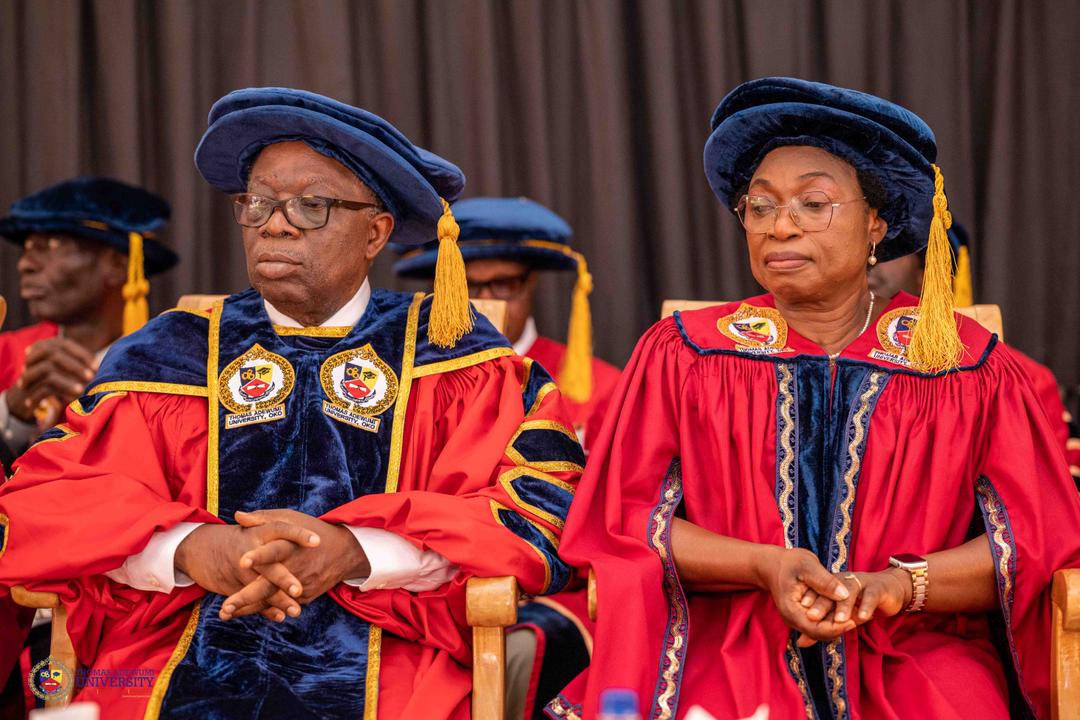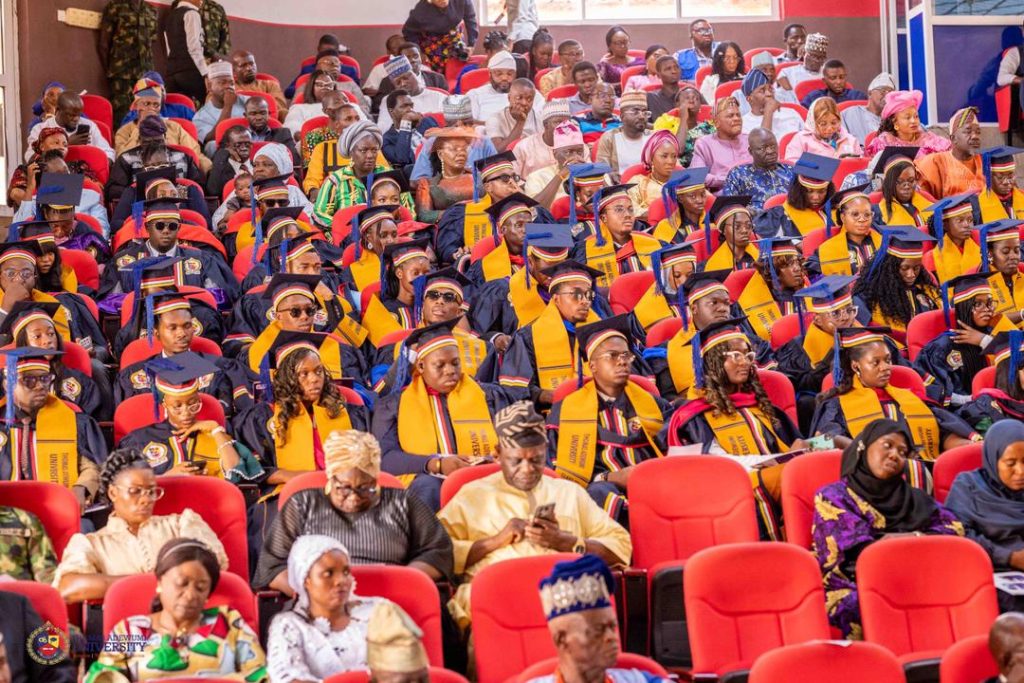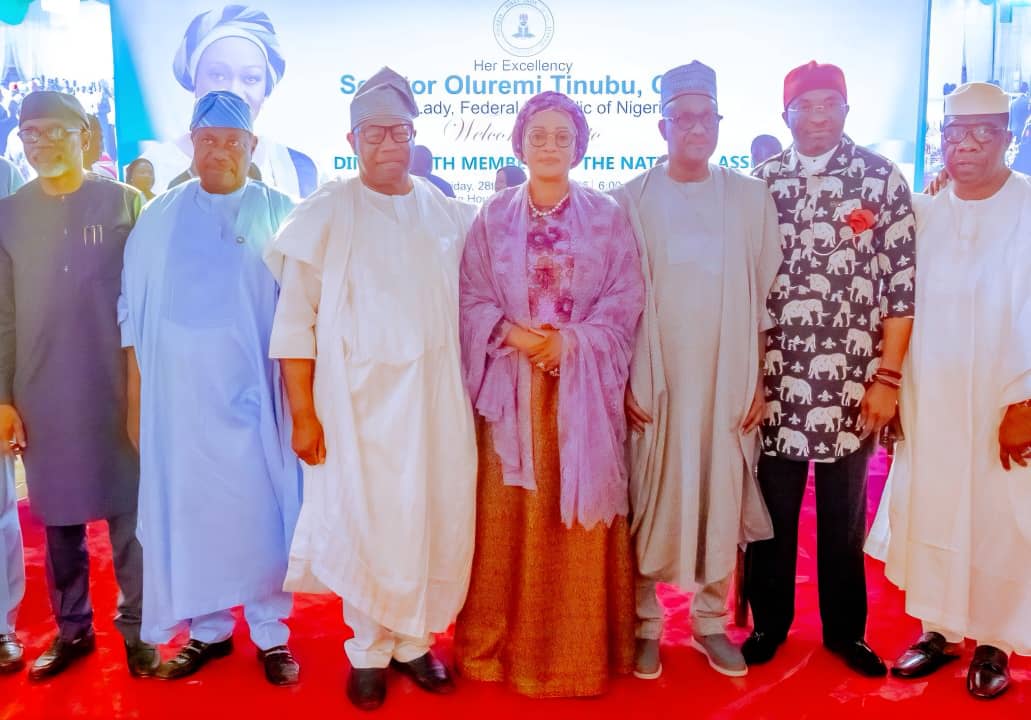Uncategorized
China’s Greater Bay Area emerging as a global innovation hub
By Jiang Xiaodan, People’s Daily
The Guangdong-Hong Kong-Macao Greater Bay Area, a vibrant city cluster in southern China which comprises Hong Kong, Macao, and nine cities in south China’s Guangdong province, witnesses stories about scientific and technological innovations every day.
Kwok Wai-keung, a young man from Hong Kong who started his own business in Shenzhen, Guangdong province, has given new features to suitcase by leveraging technological elements, enabling it to serve as power bank, automatically weigh the items in it, realize anti-theft tracking, and be located after the luggage is checked in.
Ever since his company settled in the Qianhai Shenzhen-Hong Kong Youth Innovation and Entrepreneur Hub in Shenzhen in 2016, it has applied for over 20 invention patents, cooperated with more than 10 well-known luggage brands at home and abroad, and completed multiple rounds of financing.
“Because of the favorable policies in Shenzhen, full-blown industrial chain of Guangdong as well as the industrial complementarity between Shenzhen and Hong Kong, research and development results in Hong Kong can be rapidly commercialized in Shenzhen, which is why our company has enjoyed fast development,” the entrepreneur pointed out.
“Scientific research projects of many Hong Kong universities choose Guangdong for production and industrialization. This has been a recent trend in Guangdong-Hong Kong-Macao technological cooperation,” said Gordon Lam Chi-wing, chairman of Hong Kong Technology Association.
The scientific research advantages and achievements of Hong Kong and Macao, combined with the strong manufacturing capacity of Guangdong, have played an important role in leading technological advances, he added.
According to the Outline Development Plan for the Guangdong-Hong Kong-Macao Greater Bay Area, a highly influential international center of science and innovation is being built at a faster pace in the area.
As the construction of infrastructure progresses, the building of a batch of start-up areas of a comprehensive national science center in the Greater Bay Area is picking up speed, including the Guangming Science City in Shenzhen and Songshan Lake Science City in Dongguan, Guangdong.
While the China Spallation Neutron Source (CSNS), a piece of scientific apparatus built at the Songshan Lake Science City, is in stable operation; and the phase-Ⅰ project of China Environment for Network Innovations (Shenzhen), a national key scientific and technological infrastructure project, has been completed and put into operation.
During China’s 14th Five-Year Plan period (2021-2025), the Greater Bay Area plans to push ahead with the construction of the phase-Ⅱ project of CSNS, Pengcheng Cloud Brain, a key technology facility in the field of artificial intelligence (AI), advanced attosecond laser facility, cold seep ecosystem research facility and human cell lineage facility to further lay the material foundations for original innovations.
“Some apparatus built in the nine cities of Guangdong involved in the construction of the Greater Bay Area is open to Hong Kong, Macao, and the rest of the world,” said Liang Qinru, deputy head of the Department of Science and Technology of Guangdong Province. Liang believes that the increasingly fast flow of innovation factors among Guangdong, Hong Kong, and Macao will greatly enhance the Greater Bay Area’s technological innovation capabilities.
Liang noted that the three spectrometers of the CSNS have completed nearly 500 projects for users, of whom over 10 percent come from Hong Kong and Macao; and the designated line of the National Supercomputer Center in Guangzhou for Hong Kong and Macao has served over 200 users from the two regions.
Cross-regional comprehensive technological innovation platforms covering various fields and industries have been built in the Greater Bay Area, effectively facilitating technological innovation and speeding up cooperation on the transfer and commercialization of scientific and research findings.
The Guangzhou national lab has been inaugurated; the Center for Regenerative Medicine and Health and the Center for Artificial Intelligence and Robotics under the Hong Kong Institute of Science and Innovation, Chinese Academy of Sciences, were put into trial operation; the Greater Bay Area Association of Academicians was established in Hong Kong; and the Greater Bay Area national center for technology innovation was established.
As of the end of 2021, the South China Technology Commercialization Center in the Greater Bay Area had gathered more than 60,000 items of excellent innovation resources from Hong Kong, Macao, and the Chinese mainland, attracted more than 750 high-quality science and technology service institutions and over 3,000 science and technology enterprises across the country, launched over 3,600 products related to science and technology services, and facilitated transactions worth 868 million yuan ($130 million).
As various factors gather in the Greater Bay Area, a modern industrial system is taking shape quickly.
Focusing on advantageous fields such as new-generation information and communications technologies, advanced battery materials, high-end medical equipment, intelligent equipment, intelligent mobile terminals, and ultra-high definition videos, the Greater Bay Area has cultivated a number of competitive advanced manufacturing clusters. The construction of the phase-Ⅰ Ethylene project of ExxonMobil, an American multinational oil and gas corporation, in Huizhou, Guangdong, was comprehensively initiated.
Statistics showed that more than 300 million yuan of fiscal funds for scientific research projects have been allocated by Guangdong province to projects in Hong Kong and Macao, benefiting over 10 universities and research institutes in the two regions.
Last year, the number of national high-tech enterprises in the nine cities of Guangdong involved in the Greater Bay Area construction exceeded 57,000; and a total of 780,000 patents were granted in these cities, among which nearly 100,000 were for inventions.
The innovation cluster of Shenzhen-Hong Kong-Guangzhou has ranked second in the world in terms of the global innovation index for two consecutive years, higher than Beijing and Shanghai, according to the World Intellectual Property Organization (WIPO). The construction of an international center of science and innovation has played a major role in improving the Greater Bay Area’s innovation capabilities.
Uncategorized
TAU reaffirms commitment to globally competitive learning

- As 16 graduands make First Class
Stephen Olufemi Oni, Ilorin
The Thomas Adewumi University (TAU), Oko-Irese, in the Irepodun local government area of Kwara State, has reaffirmed its commitment to strengthening quality education, innovation, and globally competitive learning.

Speaking at the institution’s 2nd Convocation ceremony in Oko-Irese, the Vice Chancellor of the University, Professor Francisca Onaolapo Oladipo, said TAU is living up to its ranking as the fastest growing institution in Science, Technology, Engineering, Medicine, and Innovation (STEM-i) ecosystem by surpassing more than 100 percent in its number of graduating students at the second convocation.
She said: “TAU emerged on April 8, 2021, as Nigeria’s fastest-growing Science, Technology, Engineering, Medicine and Innovations (STEM-i) ecosystem. Today, we rank 1st among the 20 private universities that were licensed in
2021, 4th among the 14 Universities in Kwara State, 5th among Nigeria’s over 170 private Universities and 50th nationally, an impressive rise reflecting our unwavering commitment to excellence.
”What a Moment of Extraordinary Significance today, we stand at a crossroads far more significant than words can adequately capture. Exactly one year ago, we gathered at this very Auditorium to celebrate our inaugural Convocation, a ceremony that marked the graduation of 26 pioneering students who dared to believe in a vision when others saw only impossibility. Those 26 trailblazers proved that Thomas Adewumi University was not just a dream, but a reality rooted in excellence. Today, as we honour 63 outstanding graduates, we witness something far more profound than numerical growth.
“This 142% increase in our graduating class is not merely a statistic to be recorded in annual reports, it is a declaration that Thomas Adewumi University has transcended the realm of promise and entered the domain of proof.
“We have moved from potential to performance, from aspiration to achievement, from vision to velocity.
This year, 63 graduands from 4 Faculties and 11 academic programmes are being conferred. It is noteworthy that we have 16 First Class graduates, 40 in Second Class Upper Division, and 7 in Second Class Lower Division. These results reflect the quality of training and mentorship provided at Thomas Adewumi University, and we are proud to contribute these innovators to both the Nigerian and global workforce, confident that they will make a meaningful
impact.
”Preparing Globally Competitive Graduates, these 63 graduands are not merely degree holders, they are comprehensively prepared global professionals equipped with exceptional advantages that set them apart from their peers nationwide. Through our international partnerships, these graduates have obtained additional microcredentials from MIT, Harvard, Stanford, Columbia, Berkeley, and Yale, world-class certifications from Alison, UK, RUDN professional University, Russia, World Bank’s Saylor Academy, Google, ICAN, and the Global Partnership for Sustainable Development initiatives in Data Science and Artificial Intelligence.
“Our Coursera collaboration provided them with additional industry certifications, while partnerships with Microsoft, IBM SkillsBuild, and MIT OpenCourseWare through our Global Campus initiative democratize access to cutting-edge knowledge. They are thus fully equipped to embark on meaningful and innovative careers in today’s technology-driven world.”
Earlier in his Convocation Lecture, titled “Crowdfunding Opportunities forstartups: Equiping Nigerian graduates for a sustainable future”, Dr. Bayo Williams Olugbemi charged the graduads on the mindset of job creation, saying “as a graduate, your future is not defined by what Nigeria gives you, but by what you create. The idea of crowdfunding is the idea of hope. It is proof that when people come together, ideas once impossible become achievable.
“I urge you not to think only about searching for jobs. Instead, think about creating value, and if capital is a barrier, remember: “The crowd can be your first investor.”
In his goodwill message, the Executive Secretary of the National University Commission, Professor Abdullahi Ribadu, represented by Esther I. Eyo, Esq commended the resilience of TAU management said “NUC acknowledges TAU sustained progress in advancing quality teaching, impactful research, innovation, and community engagement, all of which align with our national aspiration for a globally competitive and knowledge-driven university system.
“It would interest you to know that, in the accreditation exercise conducted in 2023, Thomas Adewumi University achieved a 100% Full Accreditation status across all programmes assessed a laudable feat that reflects the University’s strong commitment to maintaining high academic standards.”
Also speaking, the Founder/Chancellor of the institution, Dr. (Engr) Johnson Adewumi, urged the graduands to be good ambassadors of the University, adding: “Remember that your degree is not an end but a beginning, go forth with courage, humility, and a sense of responsibility. Strive to illuminate whatever space you occupy with the light of integrity, excellence and service.”
Highlight of the event was the conferment of an honorary doctorate degree on two distinguished personalities; Engr Oluseyi Afolabi and Pastor Oladokun Olatunde.
End
Uncategorized
photo

L-r Speaker, House of Representatives, Tajudeen Abbas; President of the Senate, Godswill Akpabio and Nigeria’s First Lady, Senator Oluremi Tinubu, during the dinner for members of the National Assembly by the First Lady yesterday. Photo: Senate President’s Office.
Uncategorized
JUST IN: Even Tinubu moves with too many police escorts – Senator Ndume

By Hassan Taiye
Senator Ali Ndume has criticised what he described as the excessive use of security convoys by top government officials, including President Bola Tinubu, warning that the practice leaves ordinary citizens exposed and vulnerable.
Speaking on Politics Today on Channels Television on Thursday, Ndume said many public office holders move with security details that are unnecessarily large, even when their positions do not warrant such heavy protection.
He recalled visiting the residence of a colleague and finding “more than 10 policemen” attached to him, despite the lawmaker being junior to him in the National Assembly.
Ndume further argued that the presidential convoy itself is excessively large, stressing that security efforts should be focused on protecting the overall environment rather than individual personalities.
He said: “I went to one of my colleagues’ house for dinner. And I saw more than 10 policemen. He is even my junior in the National Assembly. Some of them, if you see them coming, you will pull back thinking that maybe it’s the President or the Vice President that is coming.
“
You can see even the president, the convoy that the president goes about with is too much. Secure the place and when the president goes, you withdraw. Secure Abuja and the president can even drive out, you know, himself.
But when you secure personalities, and this is what is happening in Nigeria, then others, common people, as we call them, become vulnerable, and we don’t care. So if you secure Abuja, then you can drive at night. And let me tell you, this is what is happening in most countries”.
The lawmaker’s comments come just days after President Tinubu ordered the withdrawal of police officers from VIP escort and guard duties.
In a statement, the Special Adviser to the President on Information and Strategy, Bayo Onanuga, said the directive was aimed at redeploying police manpower to core law enforcement responsibilities.
-

 Uncategorized5 years ago
Uncategorized5 years agoFG, states urged to harness flooding for ranching, others with technology – Agbaje
-

 Headlines10 years ago
Headlines10 years agoBreaking: EFCC seals Borno House of Assembly, as Hon members take to their heels
-

 News11 years ago
News11 years agoNigeria Security Operatives Stage Manhunt For Homosexual Perpetrator
-

 News9 years ago
News9 years agoHow 21-year-old Girl fled community over accusation of lesbianism
-

 News10 years ago
News10 years agoYobe Gov Moves Against Deputy
-

 Opinion7 years ago
Opinion7 years ago7 signs she has friend zoned you
-
Technology4 years ago
Online job placement company headhunts women
-

 Headlines10 years ago
Headlines10 years agoBorno Dep Gov Abducts Another Church Leader





